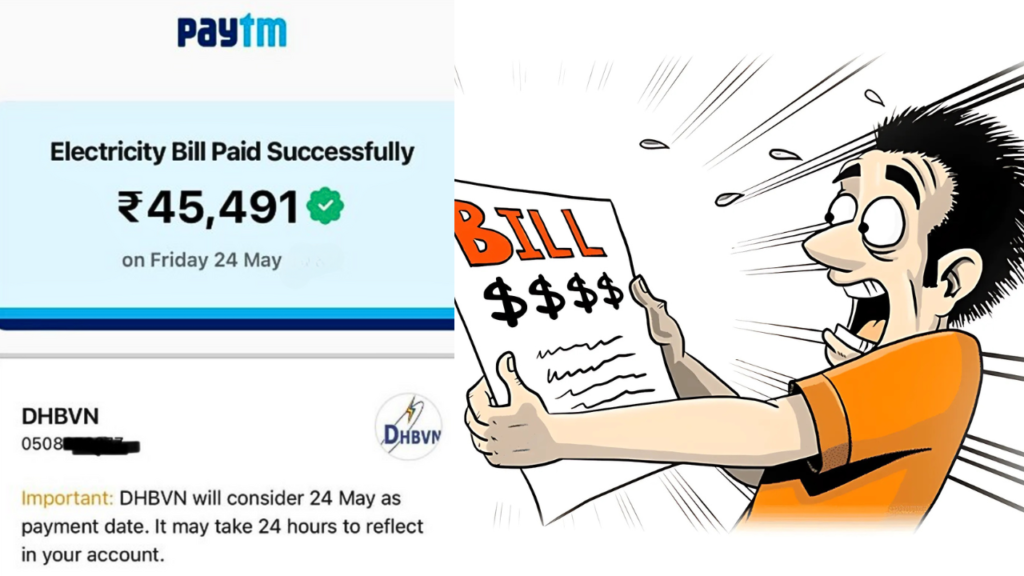Goods and Services Tax (GST) compliance is crucial for businesses to avoid penalties and ensure smooth operations. However, many taxpayers commit errors while filing GST returns, leading to financial losses and legal complications. Here are some common GST mistakes businesses should avoid during the filing process.
Incorrect GSTIN Entry
One of the most frequent mistakes businesses make is entering the wrong GST Identification Number (GSTIN). A single incorrect digit can result in rejection or misallocation of tax credits. Always double-check GSTIN details before submitting returns to prevent complications.
Delay in Filing Returns
Missing the due date for GST return filing can lead to GST Mistakes as well as penalties and interest charges. The government has strict deadlines for different types of returns, such as GSTR-1, GSTR-3B, and GSTR-9. Late filing attracts penalties of Rs. 50 per day for normal returns and Rs. 20 for NIL returns. To avoid this, businesses should set reminders and automate filing processes.
Mismatch in Sales and Purchase Data
Errors in reporting sales and purchase details can lead to discrepancies between GSTR-1 (outward supplies) and GSTR-3B (summary return). Additionally, mismatches between GSTR-2A/2B (auto-generated purchase returns) and actual purchases may result in the denial of the Input Tax Credit (ITC). Businesses should reconcile their invoices and books regularly to avoid mismatches.
Incorrect Input Tax Credit (ITC) Claims
Claiming ITC incorrectly is a serious mistake that can lead to penalties. ITC can only be claimed on eligible purchases supported by valid tax invoices. Common ITC errors include claiming ineligible expenses, claiming ITC on blocked credits (such as personal expenses, and capital goods for non-business use), and failing to match ITC with GSTR-2B. Always ensure that ITC claims comply with GST rules.
Filing Incorrect Tax Rates
Applying the wrong GST rates to goods and services can result in underpayment or overpayment of taxes. The GST structure has different slabs (5%, 12%, 18%, and 28%) depending on the category of goods or services. Businesses must verify applicable rates using the GST portal or consult professionals to avoid misclassification.
Ignoring Reverse Charge Mechanism (RCM)
Certain transactions require tax payment under the Reverse Charge Mechanism (RCM), where the recipient, instead of the supplier, is responsible for GST payment. Many businesses overlook this obligation, leading to non-compliance. Ensure that transactions falling under RCM (e.g., purchases from unregistered suppliers or specified services) are properly accounted for and reported.
Non-Reconciliation of E-Way Bills with GST Returns
Businesses engaged in the transportation of goods must generate E-Way Bills for consignments exceeding the prescribed limit. A mismatch between E-Way Bills and GST returns can raise red flags with tax authorities. Proper reconciliation ensures accurate reporting and prevents unnecessary scrutiny.
Failure to Report Zero-Rated Supplies and Exports
Exports and supplies to Special Economic Zones (SEZs) are considered zero-rated under GST. Businesses often fail to report them correctly or claim refunds for input taxes paid on such supplies. Proper documentation and timely filing of refund applications are essential to maximize benefits.
Overlooking Amendments in Returns
Errors in filed returns can be corrected in subsequent periods through amendments. However, many businesses neglect to make corrections, leading to inconsistencies in records. Regular review and prompt rectification of errors can prevent compliance issues.
Ignoring GST Notices and Compliance Obligations
The GST department issues notices for mismatches, late filings, and tax shortfalls. Ignoring such notices can result in penalties, interest charges, or even legal proceedings. Businesses should promptly respond to any notices received and take corrective actions as required.
Failure to File NIL Returns
Even if a business has no taxable transactions in a particular period, it must file NIL returns. Many businesses assume that inactivity exempts them from filing, leading to penalties for non-compliance. Filing NIL returns on time prevents unnecessary penalties.
Not Updating Business Information
Changes in business details such as address, business structure, or contact information must be updated in the GST portal. Failure to do so can cause discrepancies in tax records and compliance issues. Regularly reviewing and updating business details ensures smooth tax operations.
Incorrect Place of Supply Reporting
GST is destination-based, meaning tax is levied based on the place of supply. Errors in determining the correct place of supply can result in incorrect tax computation and liability. Businesses should carefully assess whether transactions are intra-state or inter-state to apply the correct CGST, SGST, or IGST.
Non-Maintenance of Proper Records
GST law mandates businesses to maintain invoices, purchase records, and ITC claims for a specified period. Failure to maintain proper records can lead to issues during audits or investigations. Businesses should implement a structured record-keeping system for easy access and compliance.
Relying Solely on Manual Entries
Manual data entry increases the risk of errors in GST filings. Businesses should leverage automated GST software and reconciliation tools to minimize mistakes. Automation ensures accurate calculations, timely submissions, and seamless compliance.
Final Thoughts
Filing GST returns accurately is essential to avoid penalties, maintain compliance, and ensure smooth business operations. By addressing common mistakes such as incorrect GSTIN entries, mismatched invoices, incorrect ITC claims, and missed deadlines, businesses can prevent financial losses and legal issues. Regular reconciliation, automated filing systems, and professional consultation can help businesses streamline their GST processes and stay compliant with tax regulations.




















